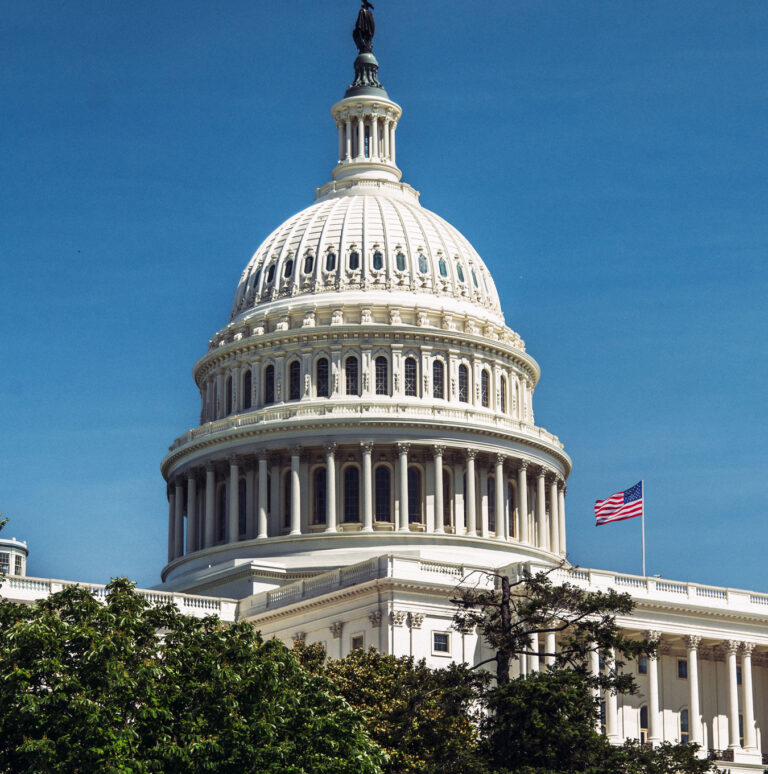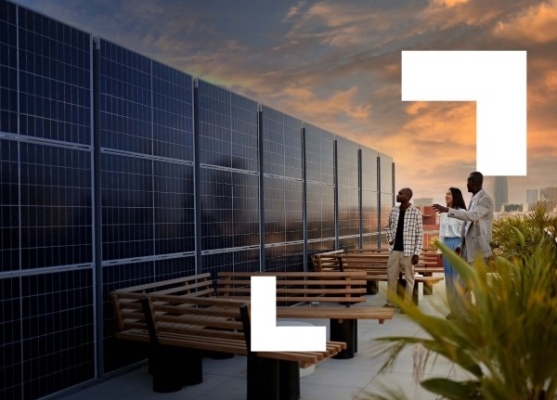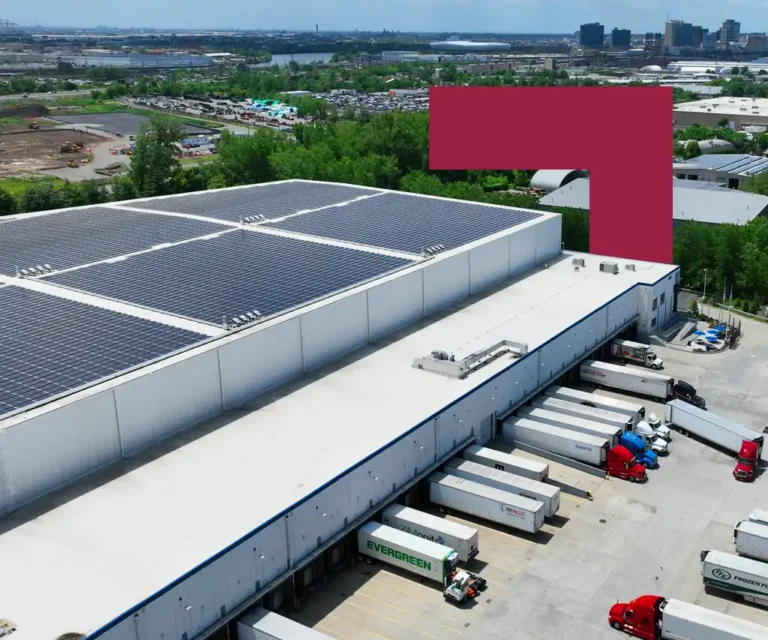-
In 2016 LaSalle added “E” or Environmental factors to the demographics, technology and urbanization (DTU) set of secular forces real estate investors need to focus on for delivering positive long-term performance. As with other secular forces the “E-factors” are long-term in nature and live beyond the cyclical market shifts that drive near-term performance.
The early nature of the decarbonization process—both pledges and regulation—creates risks and opportunities. Catching a secular trend too early or too late in its trajectory are both risky. Our view is to move carefully and deliberately to mitigate portfolio risk and maximize returns. The net zero carbon (NZC) movement will impact different markets and segments at different points in time. The most important lesson is to pay close attention to how the trend affects specific projects and investment decisions.
Want to continue reading?

Jul 01, 2025
Keep calm and carry on? The ISA Outlook 2025, six months in
Dominic Silman and Brian Klinksiek revisit LaSalle’s ISA Outlook themes amid 2025’s rapidly developing and unpredictable geopolitical and macroeconomic climate.



